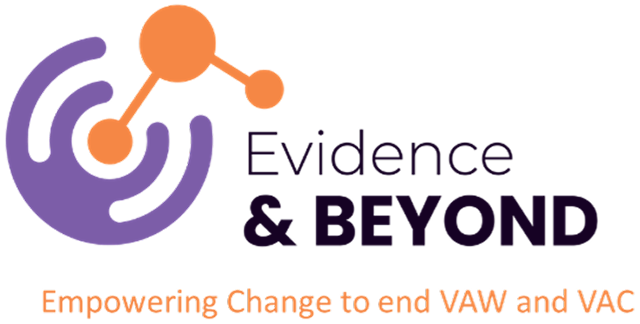A partnership with the Kenya Conference of Catholic Bishops (KCCB) funded By Porticus
School-related violence against children (SRVAC), including bullying, corporal punishment, verbal abuse, and sexual violence, remains a pressing challenge in Kenya. Catholic schools, which educate thousands of children nationwide, are uniquely positioned to model safe, nurturing environments that blend faith values with global evidence on child safeguarding.
Our Partnership with KCCB
Since 2024, we have partnered with the KCCB under the Watoto Watunzwe Programme (WWP) to strengthen school-based safeguarding and violence prevention. This collaboration reflects KCCB’s commitment to ending SRVAC and our shared belief that every child deserves to learn in a safe, protective environment.
Phase One (June 2024 to June 2025): Building the Foundations
Phase One focused on laying the groundwork for stronger prevention. Through a hybrid capacity-strengthening process that combined a virtual learning series with two in-person workshops, diocesan safeguarding teams and KCCB Secretariat staff:
- Built a shared understanding of SRVAC and faith-aligned prevention approaches
- Reflected on KCCB’s child protection journey to date
- Reviewed evidence on what works to reduce SRVAC
- Co-developed a revised Theory of Change that provided a roadmap for future action
By the end of this phase, KCCB had recognised the need for a clearer multi-level Child protection model spanning learners, teachers, parents, communities, school systems, and national policy alignment, setting the stage for its design in Phase Two.
Phase Two (August 2025 to June 2026): Designing the Model
In Phase Two, the focus is on designing the multi-level intervention model. Together with KCCB, we are drawing on global, regional, and local evidence, as well as KCCB’s own practice experience and the voices of teachers and learners, to ensure the intervention is both evidence-informed and grounded in reality.
The work will include:
- Conducting robust desk reviews and facilitating co-creation workshops to design the intervention across multiple levels (learners, teachers, parents, communities, and systems)
- Developing draft training manuals and guides to prepare KCCB teams and diocesan facilitators to deliver the interventions
- Carrying out a pretest of the draft materials with learners and teachers to assess how they work in practice
- Revising and finalising the materials based on pretest feedback, ensuring they are ready for full implementation by the end of Phase Two
This careful design process will result in a practical, faith-aligned prevention package that KCCB can take forward into implementation and eventual scale-up.
Looking Ahead
By mid-2026, KCCB will have a complete, faith-aligned prevention package ready for rollout. This work is laying the foundation for Catholic schools where children are safe, respected, and able to thrive.

